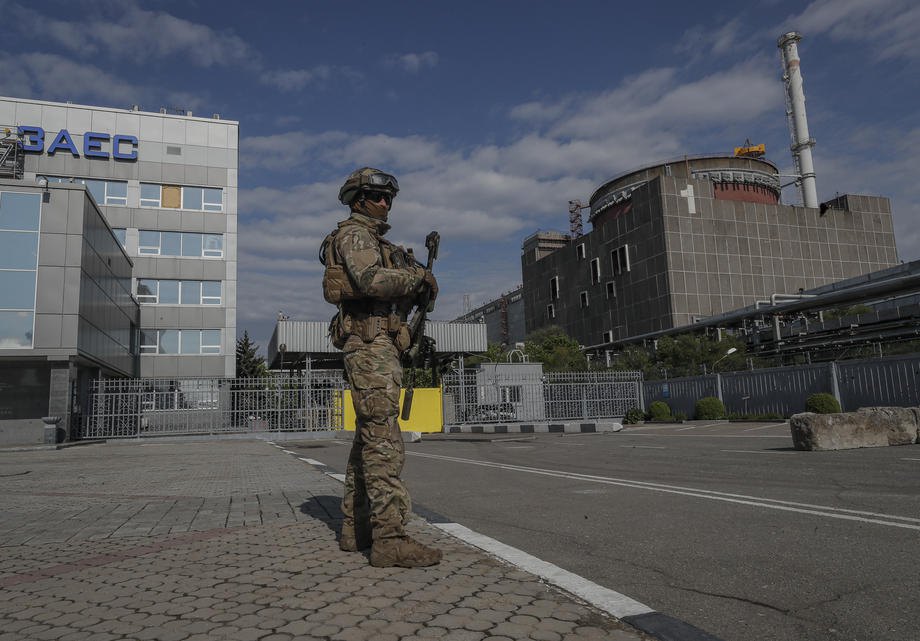 A Russian occupier at ZNPP in Enerhodar, 1 May 2022
A Russian occupier at ZNPP in Enerhodar, 1 May 2022

Two years of Zaporizhzhya NPP occupation: consequences
In early March 2022, Russian troops invaded Enerhodar: they opened fire on civilians, occupied the city and Europe's largest nuclear power plant.
It was the first time in history that the military seized a nuclear facility in another country.
Since then, the Ukrainian staff of ZNPP has been working in unbearable conditions, with some employees kidnapped and tortured. Today, there are no more people loyal to Ukraine at the plant - in February, the occupiers finally removed them from ZNPP.
According to Truth Hounds, a non-governmental organisation that documents and investigates international crimes, Russians beat, strangled, and electrocuted ZNPP employees, mocked executions, forced them to dig their own graves, threatened to rape victims and their relatives, and kept them without food and water.
Ukrainian workers were also forced to take Russian passports. At the same time, Rosatom brought its employees to the plant. The military came along.
"The plant is mined around the perimeter. And this also poses a huge threat," said Yevhen Mironenko, deputy head of the Zaporizhzhya regional military administration.
The Russians have set another precedent by deploying military equipment and weapons on the territory of Zaporizhzhya NPP.
"We were able to analyse the area around the plant from where the Russians are shooting at civilians. Thanks to satellite imagery, we identified specific combat positions," said Shaun Burnie, senior nuclear expert at Greenpeace Germany.
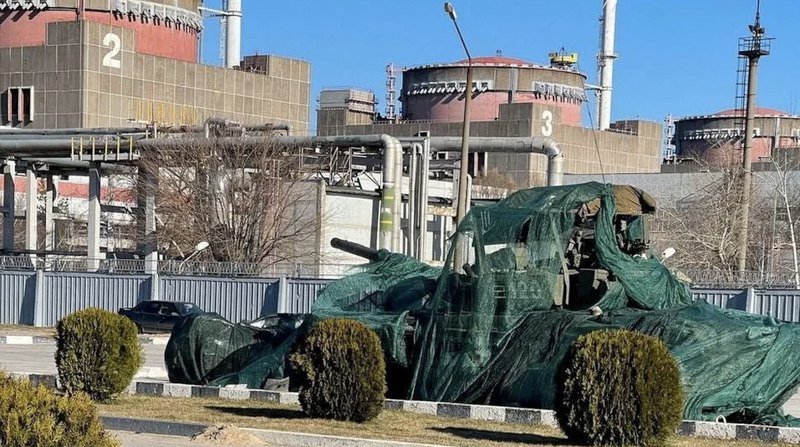
In particular, the Russians brought Smerch multiple launch rocket systems with a range of more than 100 km to the nuclear power plant.
Greenpeace experts stressed that there was ample evidence of Russian criminal actions and called on the international community to act and impose severe sanctions.
"A disaster can happen at any time. Those who have real mechanisms to resolve the issue but for some reason do not use them should make more efforts," said Olena Zhuk, head of the Zaporizhzhya regional council.
"Over the past 18 months, Europe's largest nuclear power plant has experienced eight cases of complete off-site power outages, forcing it to rely on emergency diesel generators. This is an unprecedented situation in the history of nuclear power," said IAEA Director General Rafael Grossi.
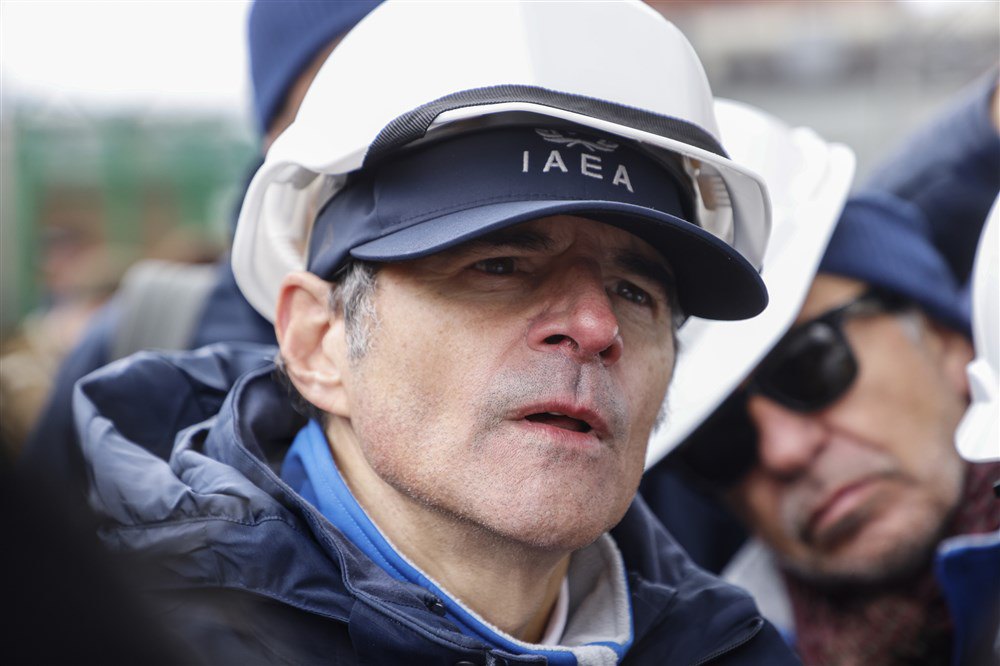
A mission of international observers is permanently stationed at ZNPP. However, the experts cannot move freely around the plant; they are closely monitored by Russian nuclear scientists and security forces. At the same time, the International Atomic Energy Agency itself continues to actively cooperate with the Russians. Mikhail Chudakov, a Russian citizen and employee of Rosatom, remains the IAEA's deputy director general, having worked for the organisation since February 2015.
"The deputy director general is not the only Russian in the IAEA. More than 100 Russian citizens work in this organisation. What should we do? We need to impose personal sanctions on all Rosatom executives, ban them from building plants around the world, and freeze Rosatom's accounts around the world," said Volodymyr Omelchenko, head of energy programmes at the Razumkov Centre.
The EU is dependent on Russia. The USA is acting
slowly but surely
So far, only the United States has imposed sanctions on Russia's nuclear industry. On the second anniversary of the invasion, Washington tightened restrictions against Rosatom. However, these are mostly personal sanctions - half a thousand individuals have been blacklisted by the USA. Some subsidiaries of the Russian nuclear giant, including Rusatom Arctic JSC, have also been subject to restrictions.
At the same time, Rosatom supplies about a third of the enriched uranium used by the US energy sector, according to The New York Times, and receives about a billion dollars annually from US companies.
"Compared to fossil fuel industries such as oil, coal and natural gas, Russia's civilian nuclear industry has been relatively unaffected by the recent sanctions, particularly in the United States. Russia, through Rosatom, dominates the global nuclear supply chain, and the situation with the EU's critical dependence on Russian enriched uranium is quite similar to the total dependence on cheap Russian gas, which EU countries are now trying to significantly reduce, although they have not yet implemented a complete ban on Russian gas imports," said Svitlana Romanko, founder and director of Razom We Stand.
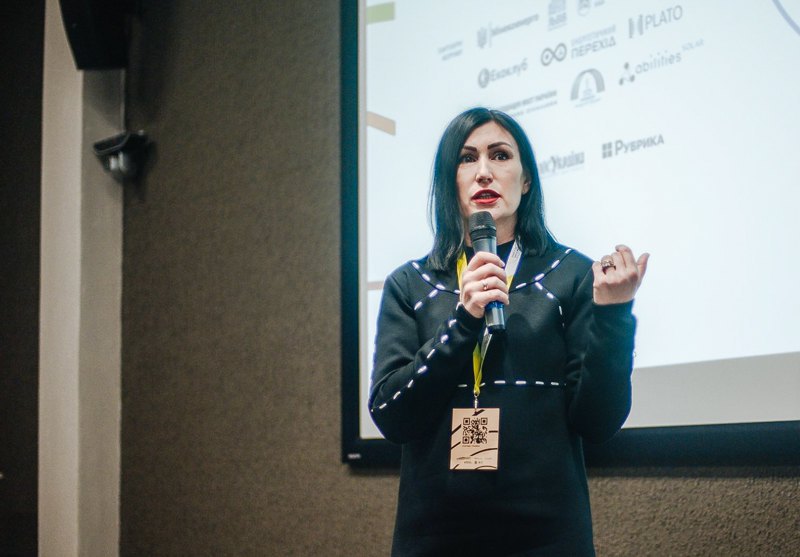
Russia's profits from the nuclear industry are significantly lower than from oil or gas sales. For example, revenues from the sale of nuclear fuel account for less than 2% of the Russian budget. There is a different problem: the Kremlin retains enormous influence over governments, countries and entire regions. For example, in the European Union alone, energy companies that depend on cooperation with Rosatom produce electricity for 100 million people. And there is a risk that Russia could increase this influence. After all, a number of European countries rely on the development of nuclear energy.
Russia is a major producer of nuclear fuel, and many countries continue to trade with the Kremlin. But Ukraine's experience proves that there is a way out, if only there was a will. Ukrainian NPPs also used to run on Russian nuclear fuel, but Ukraine was able to completely abandon it. Of course, this was preceded by almost 10 years of hard work.
Today, more than 10 nuclear power units in the EU are running on Russian fuel. Finland has officially announced that it plans to switch to fuel rods from the United States, although its contracts with Russia are valid until 2030. Bulgaria also has plans to change its fuel supplier, but this may happen no earlier than in five years. The Czech Republic is also negotiating with the Americans to buy fuel for its nuclear power plants.
France, on the other hand, buys Russian nuclear fuel and has no plans to stop cooperation.
But two other EU countries, Hungary and Slovakia, are willing to do business with the Kremlin and even block sanctions against Rosatom.
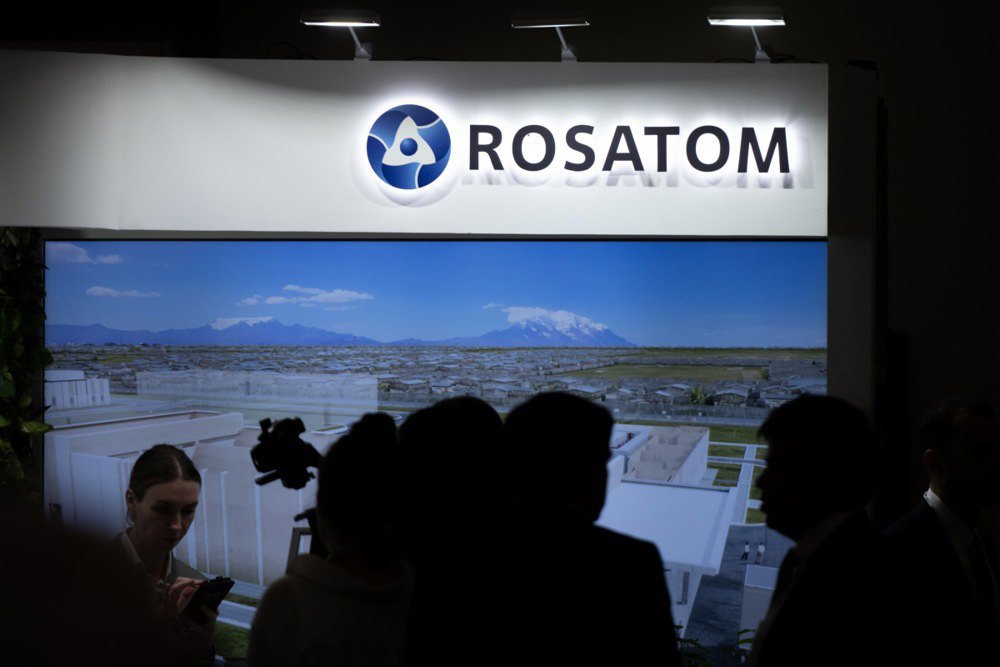
"The Russian concern plans to commission two more units in Slovakia and build two more in Hungary, which will strengthen the partnership between these two countries and Rosatom and their political and resource dependence on Russia. We can say that Putin is using Rosatom to plant a nuclear time bomb in the EU countries friendly to the criminal regime in order to cause political explosions at the right time that will threaten the stability of the EU as a democratic geopolitical leader," said Svitlana Romanko.
But nuclear fuel is not Russia's only business in the nuclear industry. It also holds about 40 per cent of the global uranium enrichment market. The Kremlin has an extensive network of over 300 subsidiaries both in Russia and abroad.
And, most importantly, Rosatom is not just a civilian energy company, it is a concern with dozens of structural units and subsidiaries directly working for the Russian defence industry. Rosatom is involved in the production of ammunition, missiles, armoured vehicles, and air defence systems. And, of course, nuclear weapons. At the same time, the concern itself is not subject to sanctions, so it can buy components for weapons production without restrictions.
Russia ups the ante
The risks of an accident at Zaporizhzhya NPP are still very high. The occupiers are escalating the situation - they are probably planning to launch nuclear units that are currently in a cold shutdown (a state where the reactor is shut down at low pressure and low temperature of cooling water).
Rosatom has drilled wells that allow them to receive 4 cu.m. of water per second. But for normal operation, one nuclear power plant reactor needs 100 cu.m. per second. Even with these wells, they are running out of water. "These are abnormal conditions to start one or more reactors in the near future," Shaun Burnie said.
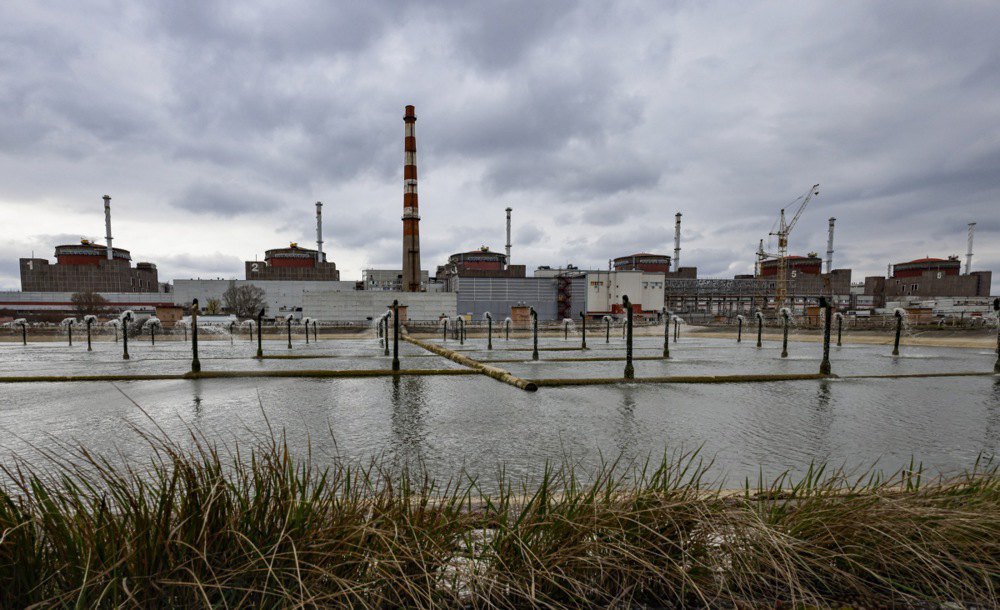
"It is absolutely impossible to launch ZNPP units. There are several reasons for this. First of all, because there are ongoing hostilities near the plant, which creates enormous risks to the plant's safety. Also, the water level has dropped significantly after the Russians blew up the Kakhovka hydroelectric power plant. The Russians also do not have qualified personnel for such complex work. In addition, the nuclear fuel at ZNPP is reaching the end of its service life, and only Ukrainian specialists with both experience and professional skills can reload it.
"To do this, it is necessary to disassemble the reactors, gain access to it, and then carry out a very complex technological operation to reload it. This requires licensed personnel, which is not available now. It also requires complex management and technical decisions on what to do with the fuel that will be unloaded. There are people who have never done this before," said Energoatom CEO Petro Kotin.
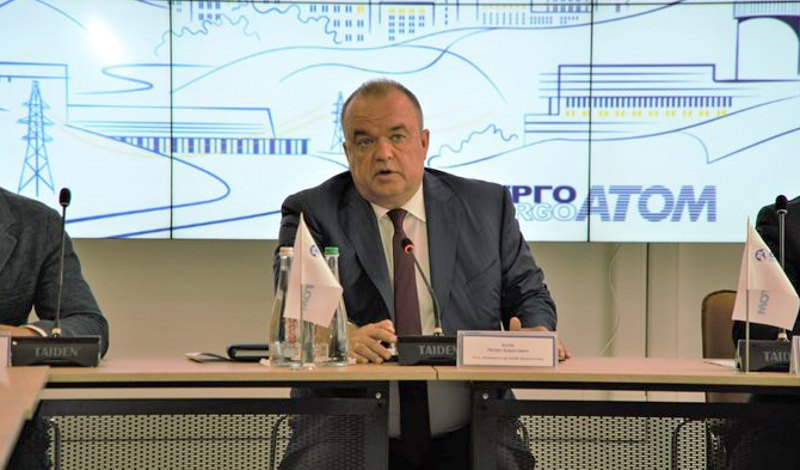
Experts from the International Atomic Energy Agency are also categorically against the launch of ZNPP units. IAEA Director General Rafael Grossi travelled to Russia again this week, even meeting with Vladimir Putin in Sochi. However, there are no details about the results of the talks.
"From the very beginning, the occupiers have been using ZNPP as an instrument of nuclear blackmail. Therefore, all actions of the Russians should be considered in this aspect. Restarting ZNPP reactors means raising the stakes, because a nuclear incident at a working reactor will have much more serious consequences than at a shutdown one. In this case, there is a high probability of radiation being released far beyond the plant," said SaveDnipro, an environmental organisation.
Over the past two years, experts have recorded more than 150 cases of violations of ZNPP operating conditions committed by the Russians. The plant has been on the verge of an emergency more than once. Ukraine is forced to prepare for any development.
"We held large-scale exercises to practice evacuation plans. We also conducted command and staff exercises to improve radiation safety measures. We are aware that as long as ZNPP is controlled by the occupiers, no one can be sure that this facility is safe," said Yevhen Myronenko.








